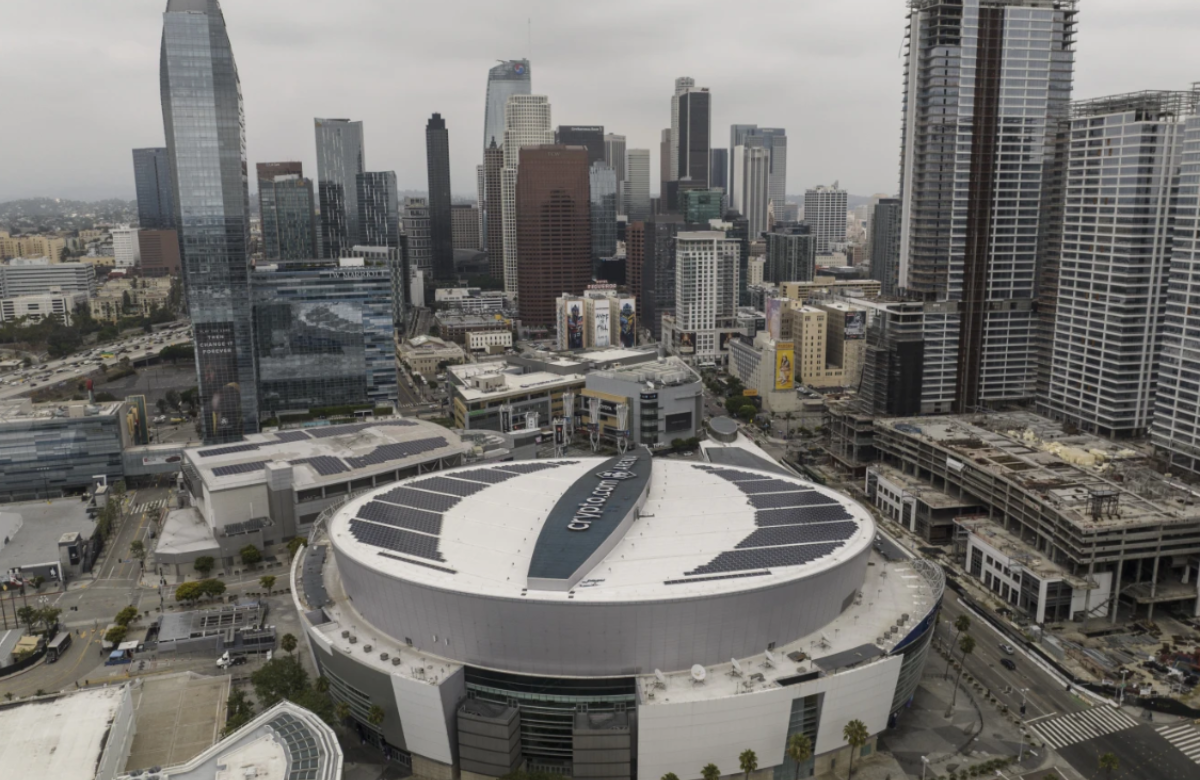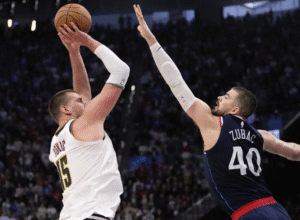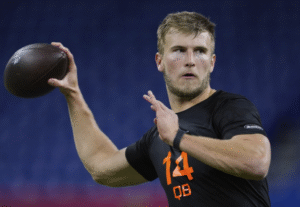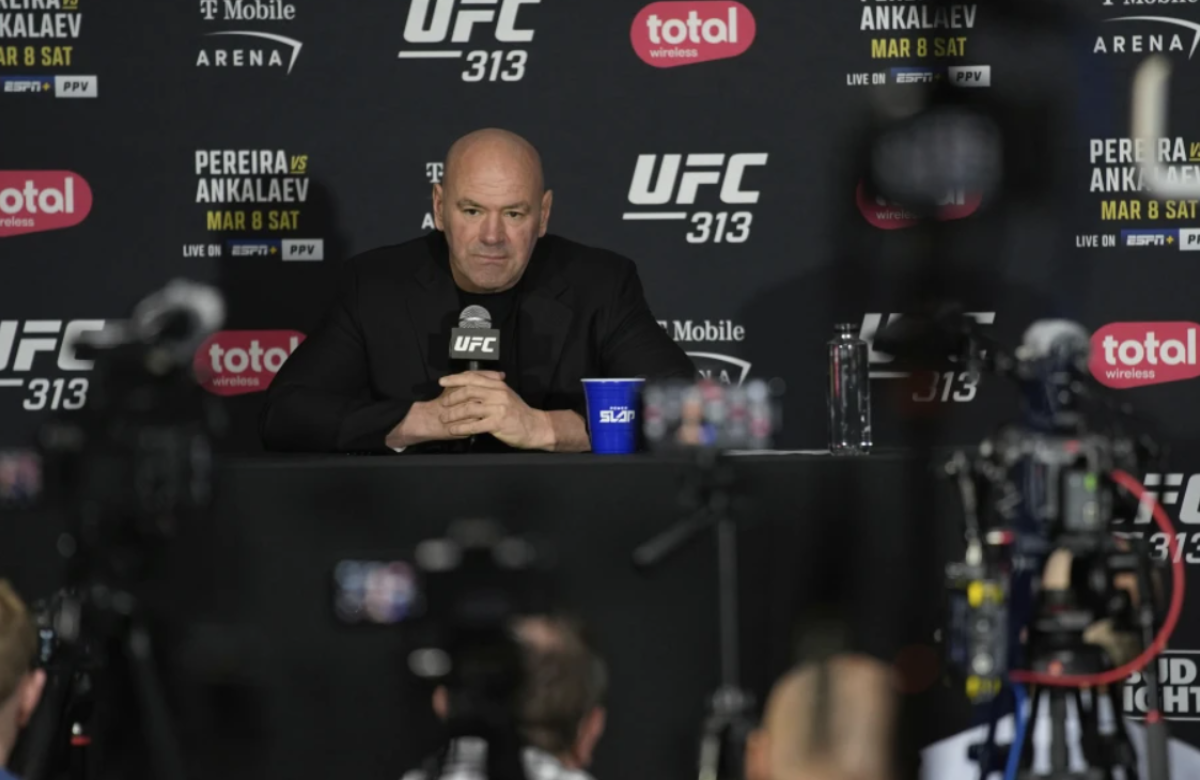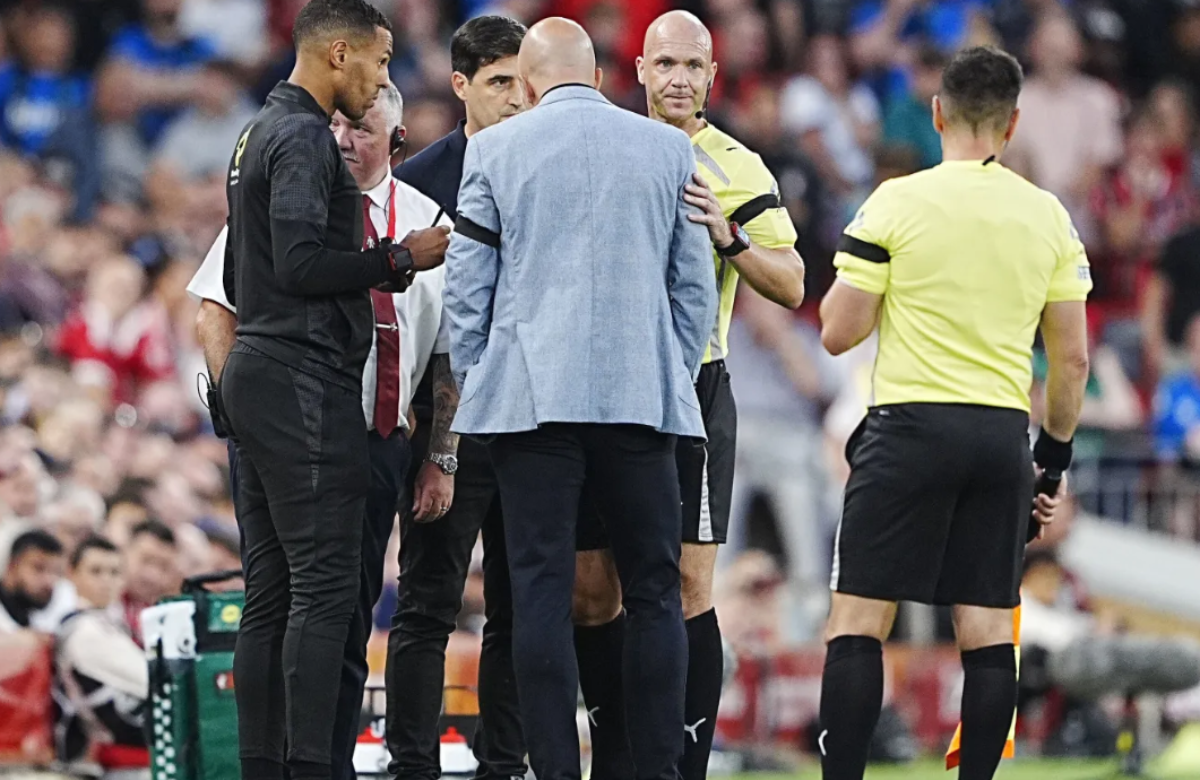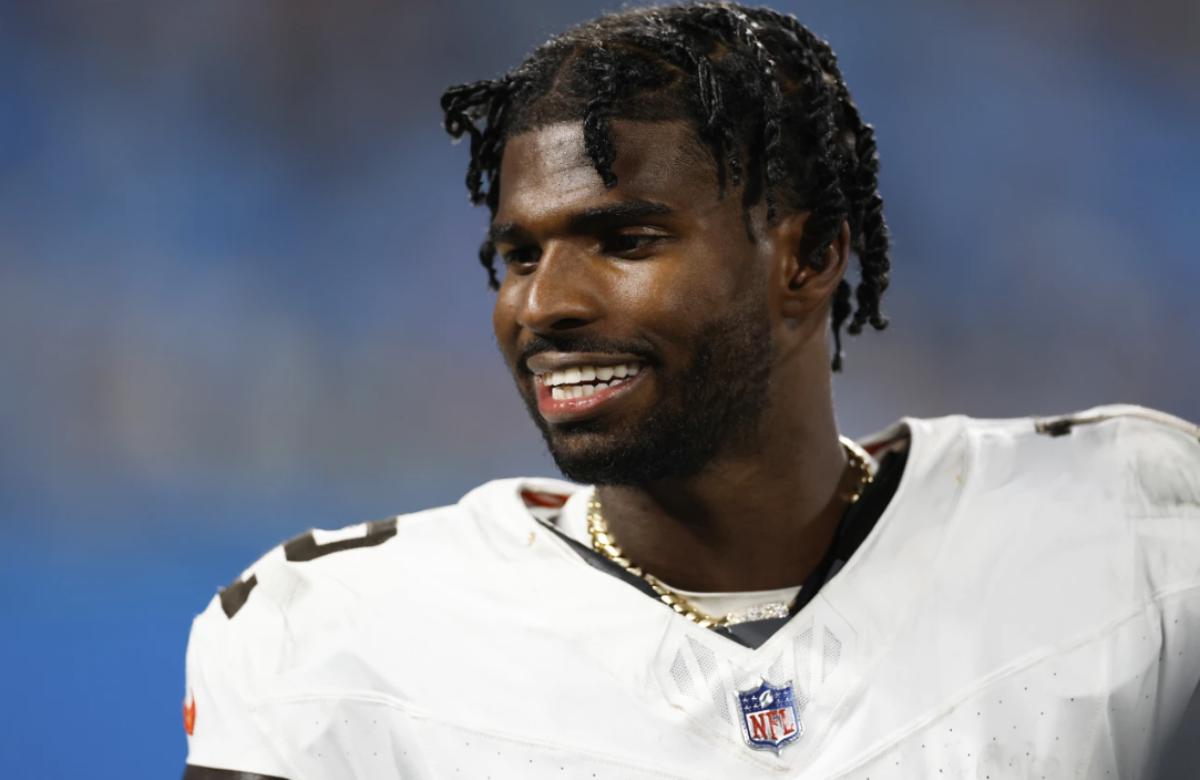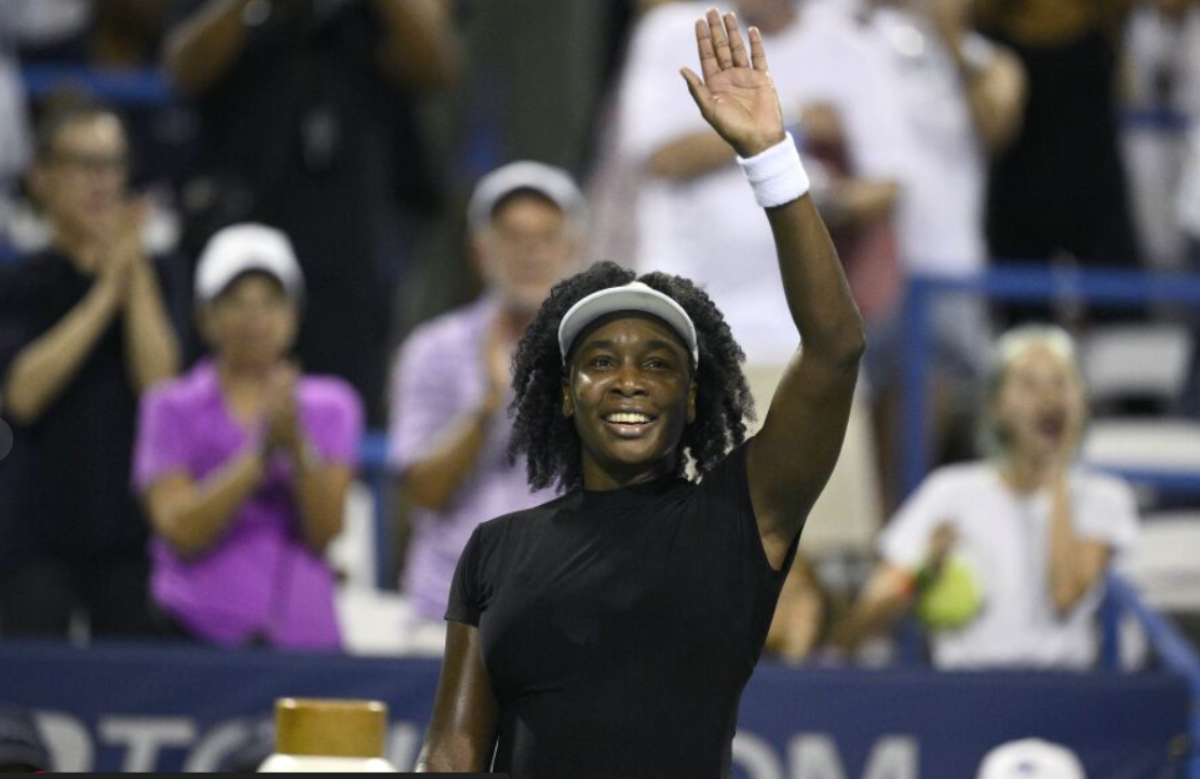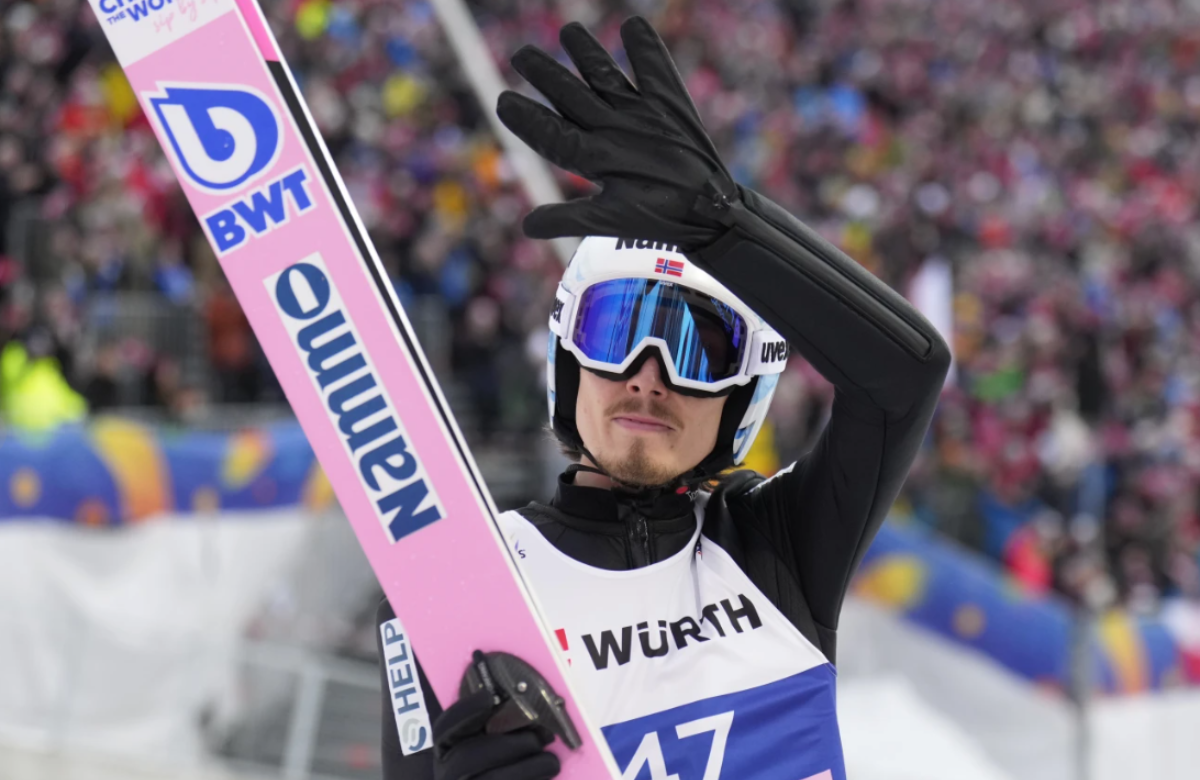The organizers of the 2028 Los Angeles Olympics announced plans to sell naming rights for several venues, a move expected to generate millions of dollars and challenge the International Olympic Committee’s long-standing policy of keeping arenas and stadiums free of brand names during the Games.
On Thursday, the LA28 organizing committee revealed that agreements are already in place with two founding partners: Honda, which holds naming rights for the Anaheim arena hosting volleyball, and Comcast, which will sponsor the temporary venue for squash.
LA28 chairman and CEO Casey Wasserman highlighted that revenue from these deals will exceed what is currently budgeted in Los Angeles’ $6.9 billion plan for the Games.
Wasserman described this approach as a necessary shift for Los Angeles, especially since the U.S.-hosted Olympics typically rely less on government funding and more on private enterprise.
“We are a private organization responsible for delivering these Games,” Wasserman explained. “It’s my job to push for innovative solutions. That doesn’t guarantee success every time, but it’s crucial given our unique situation.”
He also noted how venue naming is an accepted norm in American sports culture. “People recognize names like ‘Crypto’ for the Crypto.com Arena, rather than calling it ‘the gymnastics arena downtown,’” referring to the Lakers’ home, which will host gymnastics and boxing in 2028.
Up to 19 temporary venues could be available for naming rights, with the IOC’s top sponsors (known as TOP sponsors) having the first opportunity to secure naming deals. However, no existing venues will be renamed without agreements. For example, if deals aren’t made with SoFi (which will host opening and closing ceremonies and swimming) or Intuit (basketball), no other sponsor can step in.
Some of Los Angeles’ most iconic venues—such as the LA Coliseum, Rose Bowl, and Dodger Stadium—are excluded from this plan. Additionally, IOC rules prohibiting advertising on the field of play will remain in effect.
This development adds to a series of concessions made for Los Angeles as it seeks to reshape the Olympic brand, much like it did in 1984.
Back in 2017, Los Angeles agreed to host the 2028 Games after initially bidding for 2024, in a unique arrangement that helped the IOC overcome growing reluctance from cities hesitant about the costs and challenges of hosting the Summer Olympics.
Observers have noted that the return of softball and baseball, along with the introduction of flag football (in partnership with the NFL), are innovations that only Los Angeles could likely have achieved.
The city will also adjust the Olympic schedule by moving track and field events to the opening week and swimming competitions to the final days.
Wasserman emphasized the importance of LA28’s private structure in its negotiations with the IOC. “We invest the time, make our case, and don’t accept ‘No’ for an answer because we simply don’t have that luxury,” he said.
Also Read:
Trump Sets Up Task Force for 2028 Olympic Games in Los Angeles
German Olympic Biathlete Laura Dahlmeier Dies in Climbing Accident in Pakistan
